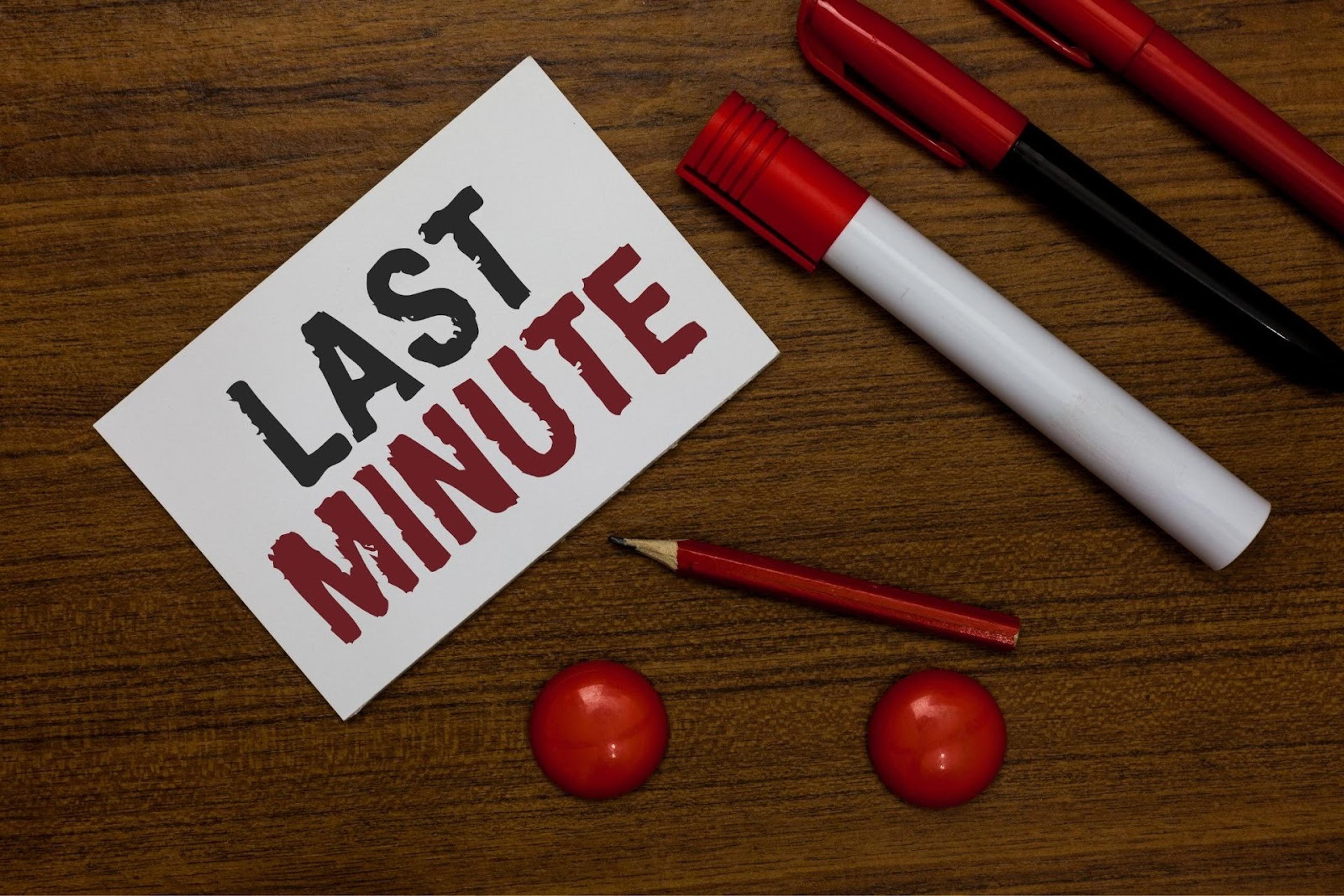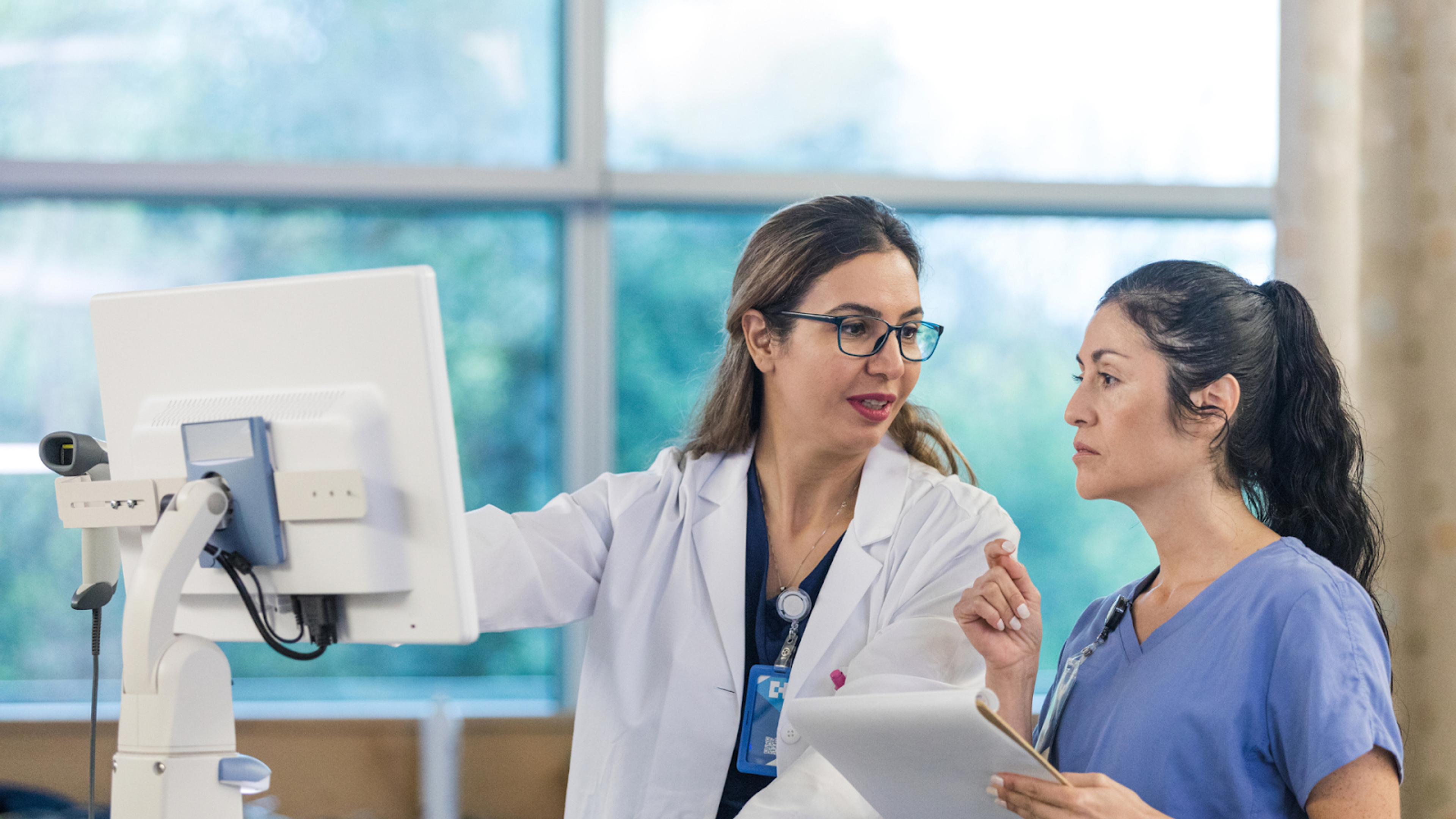Leland Library
Expert-written articles, free resources, detailed guides, and more to help you accomplish your goals.

December 5, 2025
Top 10 College Essay Tips From Former College Admissions Officers
Get expert-backed college essay tips from former admissions officers. Learn what actually stands out, and how to write essays that get you admitted.

November 4, 2025
The 10 Best Private Equity Career Coaches Guide (2025): How Experts Help You Land Top PE Roles
Discover the top 10 private equity career coaches of 2025. Learn how expert coaching helps you land roles at leading PE firms.

October 25, 2025
How to Get Into Venture Capital: Lessons Learned Interviewing 100+ Investors
A partner at a top venture firm outlines the VC hiring process, what makes the best candidates stand out, and more in this insightful article.

October 25, 2025
What It (Actually) Takes to Land Your First Job in 2025
New data from thousands of students reveals the hidden costs of getting hired: 135 hours, 78 applications, and hundreds to thousands of dollars spent, with major disparities by field, race, and school. Plus, the helpfulness of career centers and what students are doing to increase their chances.

October 21, 2025
The 10 Best Law School Coaches (2025): Who to Hire and Why
Discover the best law school admissions consulting services of 2025—expert reviews, insider tips, and how to find the right coach for your goals.

October 21, 2025
The 10 Best Graduate & PhD Admissions Consultants (2025): What They Do and When to Hire One
Find the best PhD consultants of 2025 to help you craft a standout grad school application, from strategy to statement to acceptance.

October 9, 2025
The Top 10 Investment Banks – By Size & Tier (2025)
Discover the top investment banks by size and tier in 2025. Get insights into the biggest players in finance and what sets them apart in this detailed guide.
Recent articles

December 19, 2025
Hardest Medical School Interview Questions Explained (With Sample Responses)
Crush your med school interview with expert strategies, ethical frameworks, and real sample answers to the hardest medical school interview questions.

December 18, 2025
GRE Test Dates 2026: How to Choose and Register for Your Exam
Find all official GRE test dates for 2026. Learn the best strategies for choosing your exam date and get a step-by-step guide on how to easily register.

December 17, 2025
Dental School Interview Outfit: What to Wear to Make a Great Impression
Nail your dental school interview outfit with expert tips to stand out and make a lasting impression on your interview day.

December 17, 2025
Medical School Group Interview: Format, Questions & Preparation Tips
Learn how to prepare for a medical school group interview with expert tips on format, questions, and what to expect on interview day.

December 17, 2025
Last-Minute GRE Prep Tips: What to Do the Week Before Your Exam
Get expert-backed last-minute GRE tips to stay calm, boost focus, and perform your best on test day without cramming or burning out.

December 16, 2025
Mock Medical School Interview: Practice Questions & Preparation Tips
Prepare for your mock medical school interview with practice questions and expert tips. Build confidence and ace your interview with proven strategies!

December 16, 2025
Pitt Med Interview: Format, Sample Questions & Preparation Tips
Prepare for your Pitt Med interview with expert tips on the format, common questions, and key preparation strategies to stand out.

December 16, 2025
Osteopathic Medical School Interview Questions: Common Topics & Sample Answers
Get ready for your osteopathic medical school interview with common questions, key topics, and sample answers to help you stand out in the interview process.

December 16, 2025
How to Explain Why You Chose Osteopathic Medicine (Interview Guide)
Learn how to answer "Why osteopathic medicine?" in your medical school interview with a clear, confident response. Get tips and examples to craft your perfect answer.

December 16, 2025
GRE Analytical Writing Prompts: Sample Topics & Expert Tips
Master every GRE essay prompt with real examples, expert strategies, and official topics. Learn exactly how to ace the GRE Analytical Writing section.